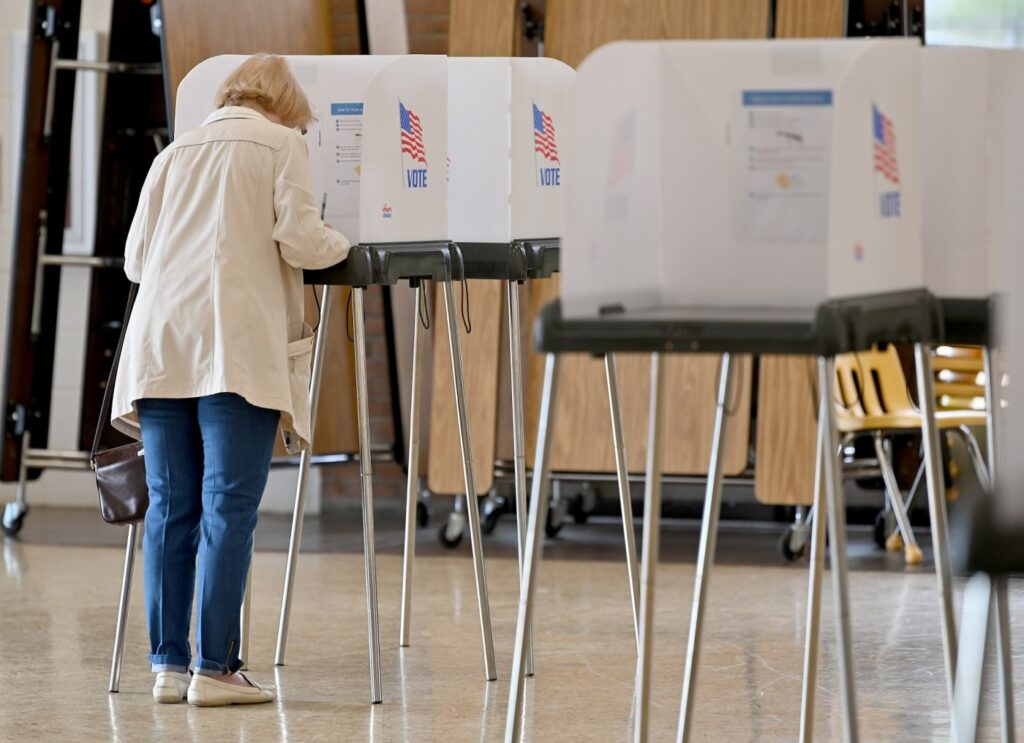
Annapolis is considering the implementation of a ranked-choice voting system, aiming to enhance fairness in its elections. This voting method allows residents to select their preferred candidates in order of choice, with the intention of reflecting a broader consensus among voters. Critics, however, argue that this system complicates the voting process and could ultimately disenfranchise participants.
Ranked-choice voting operates similarly to systems used in cities like New York City. Voters in Annapolis would be permitted to rank up to five candidates based on their preferences. If no candidate receives more than 50% of first-choice votes, the process continues to subsequent rounds, where the candidate with the fewest votes is eliminated.
While this may seem straightforward, the mechanics of ranked-choice voting introduce complexities that many voters may not fully understand. After the initial round, if a candidate is eliminated, votes for that candidate can only be reallocated to those still in the race. This could lead to what some describe as “mathematically impossible” eliminations, where voters’ preferences become irrelevant if their chosen candidates are eliminated too early.
Critics like political analyst Armstrong Williams argue this method undermines the very consensus it seeks to create. Williams points out that voters may feel compelled to rank candidates based on popularity rather than personal preference, as their votes for less popular candidates could be wasted.
Past systems, such as the Bucklin system, aimed to address similar issues by counting all ranked votes in each round. However, this method faced criticism when trailing candidates claimed victory in later rounds, leading to claims of unfairness. As a result, communities that adopted Bucklin voting have since moved away from it.
Williams argues for a return to a simpler electoral principle: the candidate with the most votes should win. He emphasizes that elections are fundamentally popularity contests and suggests that the complexities of ranked-choice voting detract from the democratic process.
As Annapolis deliberates on this potential change, the debate surrounding ranked-choice voting highlights broader questions about electoral fairness and representation. Proponents of the system assert that it allows for more nuanced voter expression, while opponents warn that it could confuse and alienate voters.
The future of Annapolis elections may hinge on the outcome of this discussion, as residents weigh the implications of adopting a system that could redefine how their voices are heard in the political arena.






